Keywords: Catholic Social Services
There are more than 24 results, only the first 24 are displayed here.
Become a subscriber for more search results.
-
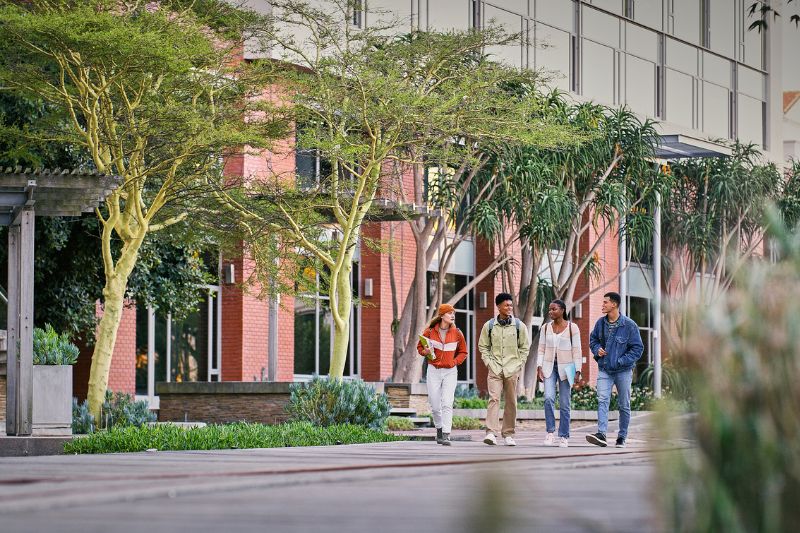
EDUCATION
- Erica Cervini
- 14 November 2024
4 Comments
At an ACU graduation event, students walked out in protest as Joe de Bruyn gave an address condemning abortion, single-parent IVF, and same-sex marriage. The event highlights tensions for Catholic institutions trying to balance traditional Catholic values while also embracing often opposing perspectives a diverse, pluralistic society.
READ MORE
-

AUSTRALIA
- Andrew Hamilton
- 08 November 2024
1 Comment
The story of Race Mathews’ career will be an antidote to despair about politics and politicians. It underlines the possibilities of politics, showing how it can be more than a job or a career. It can be a calling to imagine a more just society and ways of building it.
READ MORE 
-
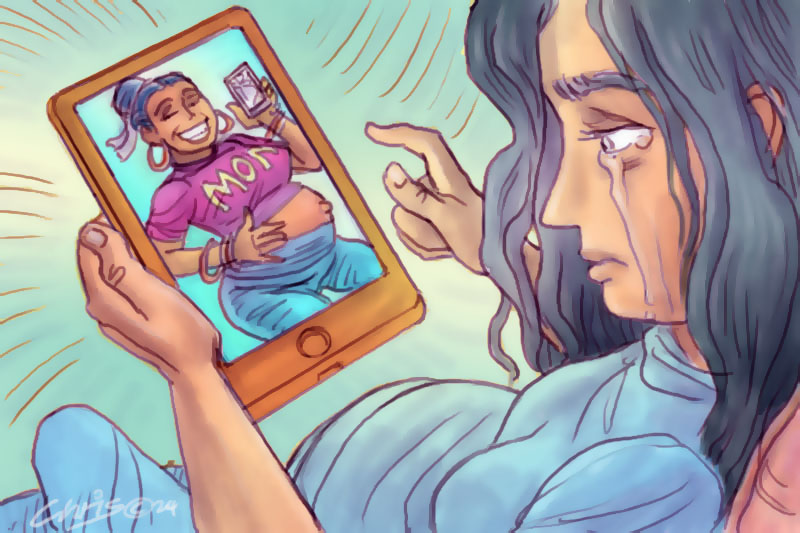
AUSTRALIA
- Rachel Dryer
- 01 November 2024
1 Comment
New research reveals a troubling link between heavy social media use and psychological distress during pregnancy, raising concerns about social media's impact on maternal mental health and urging a reassessment of societal pressures on expectant mothers.
READ MORE
-
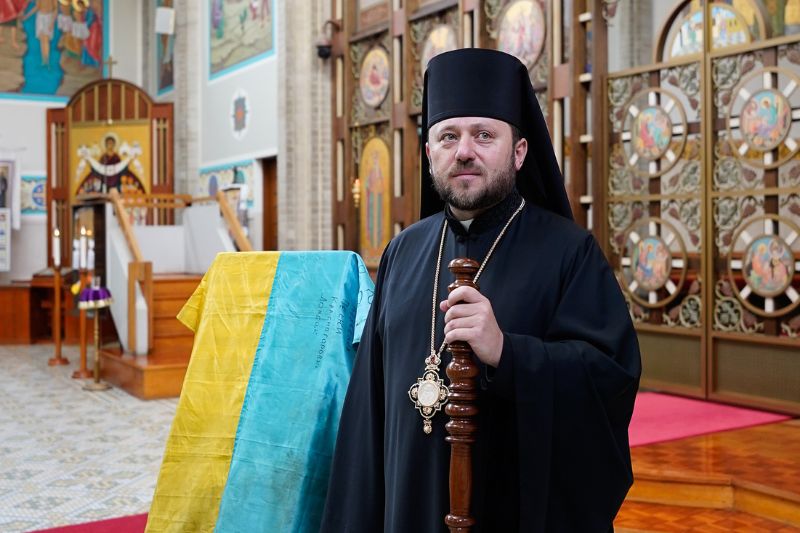
RELIGION
- Andrew Hamilton
- 14 October 2024
25 Comments
The recent appointment of Mikola Bychok as Cardinal caught many Australians off guard. Few are familiar with the Ukrainian Catholic Bishop from Melbourne, and his elevation challenges conventional notions of national identity, prompting reflection on who we consider 'one of us' and highlighting the Ukrainian community in Australia.
READ MORE
-
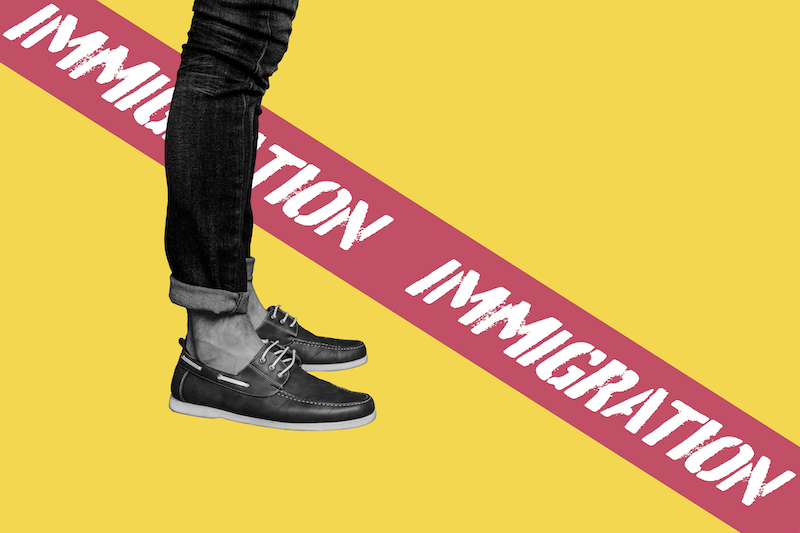
FAITH DOING JUSTICE
- Andrew Hamilton
- 23 September 2024
1 Comment
In prosperous times many people in developed nations are sympathetic to refugees and migrants and welcome them into their own societies. In hard times, however, xenophobia spreads.
READ MORE
-

AUSTRALIA
- Andrew Hamilton
- 05 September 2024
1 Comment
Electric scooters have become a flashpoint in Australian cities, pitting residents against local councils. While some embrace scooters as convenient and eco-friendly, others raise valid concerns about safety and regulation. As cities grapple with these issues, the broader question is, how can we effectively balance individual freedoms with community wellbeing?
READ MORE
-
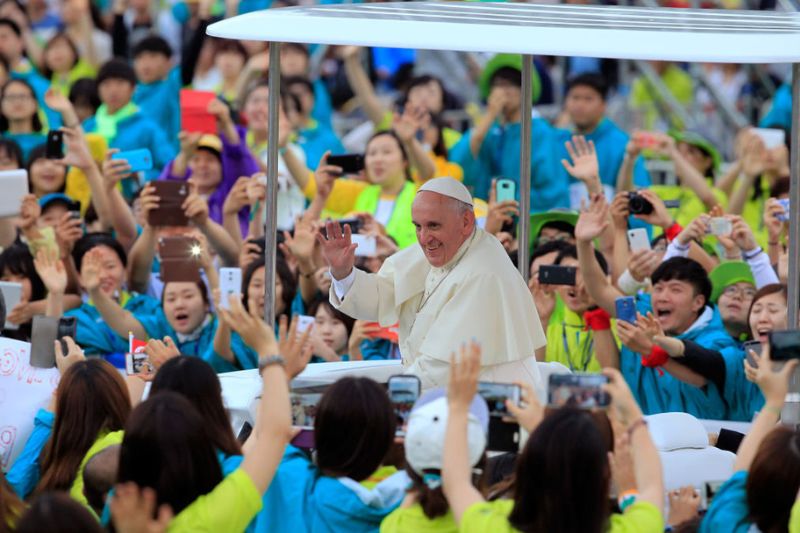
RELIGION
- Andrew Hamilton
- 28 August 2024
5 Comments
As Pope Francis embarks on a demanding tour, skipping Australia to visit smaller marginalised Catholic communities in Indonesia, Timor Leste, Papua New Guinea, he is demonstrating the priority of the Church in reaching out to those on the margins.
READ MORE
-
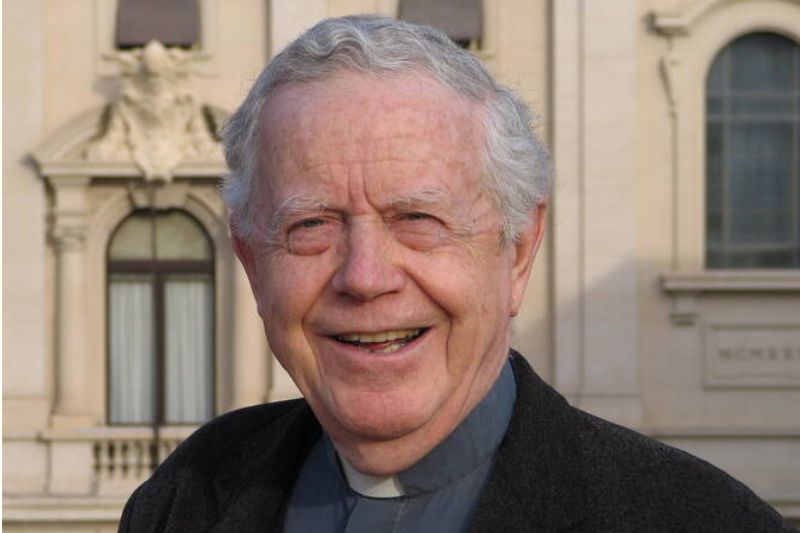
RELIGION
- Julian Butler
- 26 August 2024
3 Comments
Gerry had a wonderful way of making people feel welcome. He wanted to see people at their best and his company allowed others to be so. Gerry’s life was peopled by some of the most significant figures in the global Church, and in political and cultural society more broadly, but he wore those connections lightly.
READ MORE
-

RELIGION
- Andrew Hamilton
- 21 August 2024
3 Comments
This year’s Social Justice Statement is ambitious in its scope. From the ravages of war to the erosion of truth, the statement challenges us to confront the root causes of our divisions and seek a path toward a more just and peaceful future.
READ MORE
-

RELIGION
- Andrew Hamilton
- 30 July 2024
5 Comments
In an age marked by increasing tribalism, Ignatius Loyola offers a counterintuitive lens through which to examine the nature of human connection. Renowned as a strict disciplinarian, Loyola is often cast as a distant, austere figure. Yet, beneath his armor of religious rigor lies a nuanced and rich understanding of friendship.
READ MORE
-

RELIGION
- Julian Butler
- 17 June 2024
There's a fine line between consuming news as a numbing distraction, and engaging with news that reminds me of human community. Even with the best of intentions to be informed and engaged, too often I find myself if not despairing, then at least lost in the volume.
READ MORE 
-
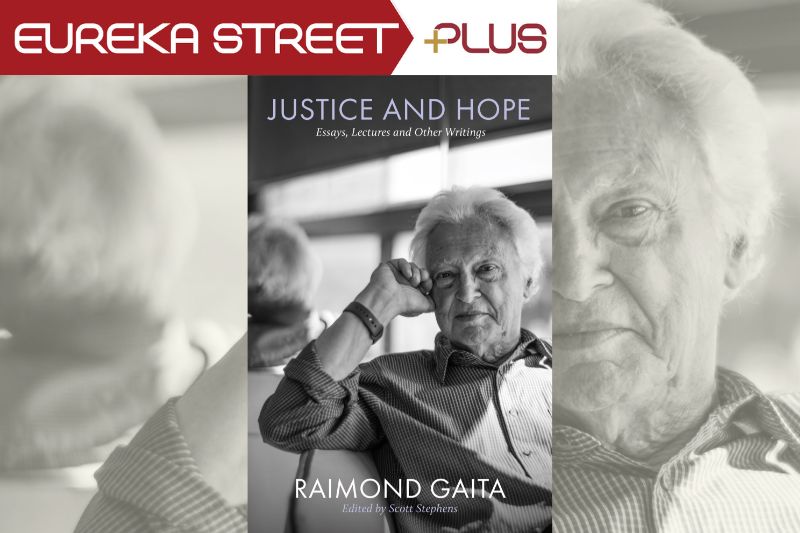
ARTS AND CULTURE
- Andrew Hamilton
- 07 June 2024
1 Comment
Raimond Gaita insists that there is something precious in each human being. He does not rest this conviction on a particular religious or philosophical grounding. It flows, rather, from a rich reading of human possibilities and questioning of the meaning of life.
READ MORE 